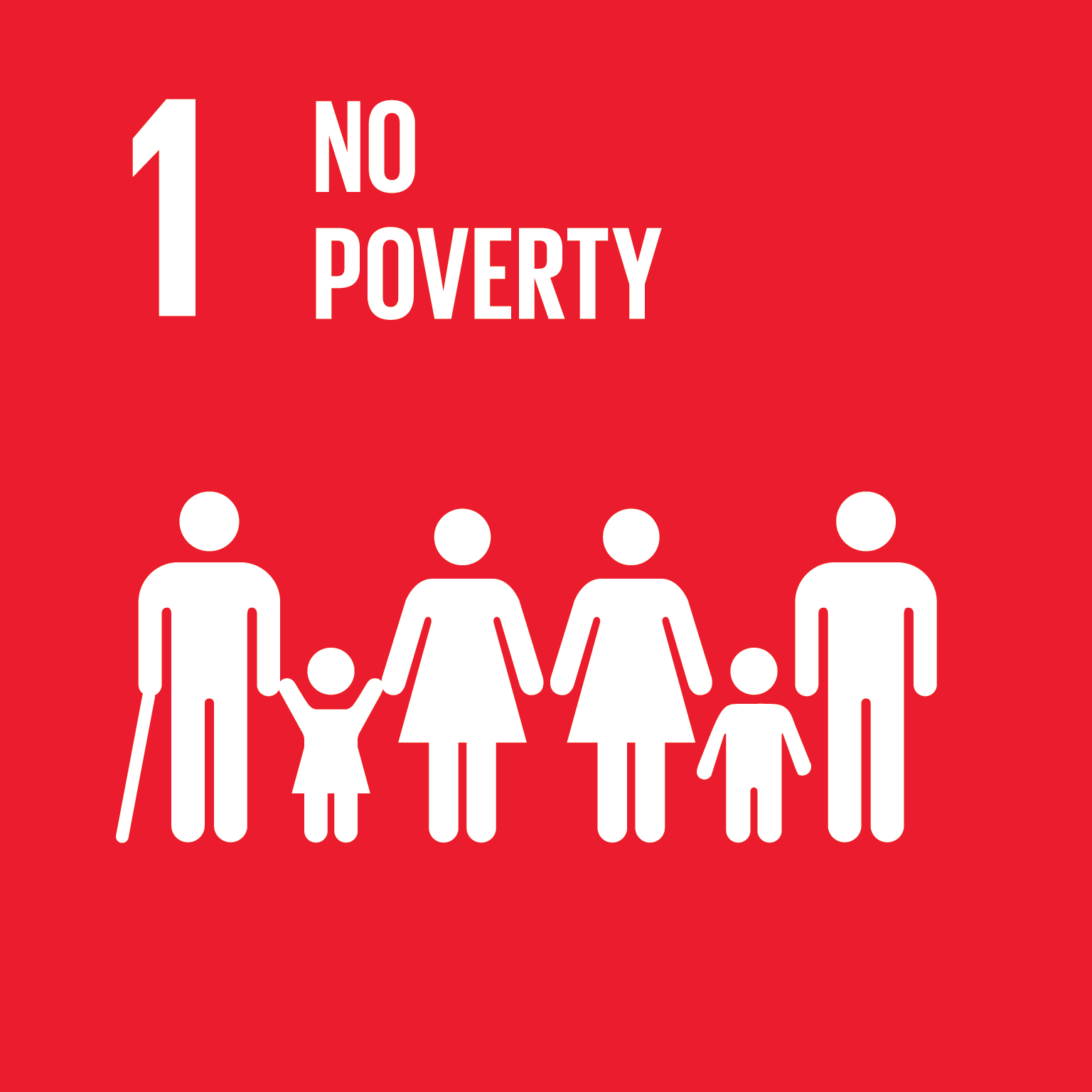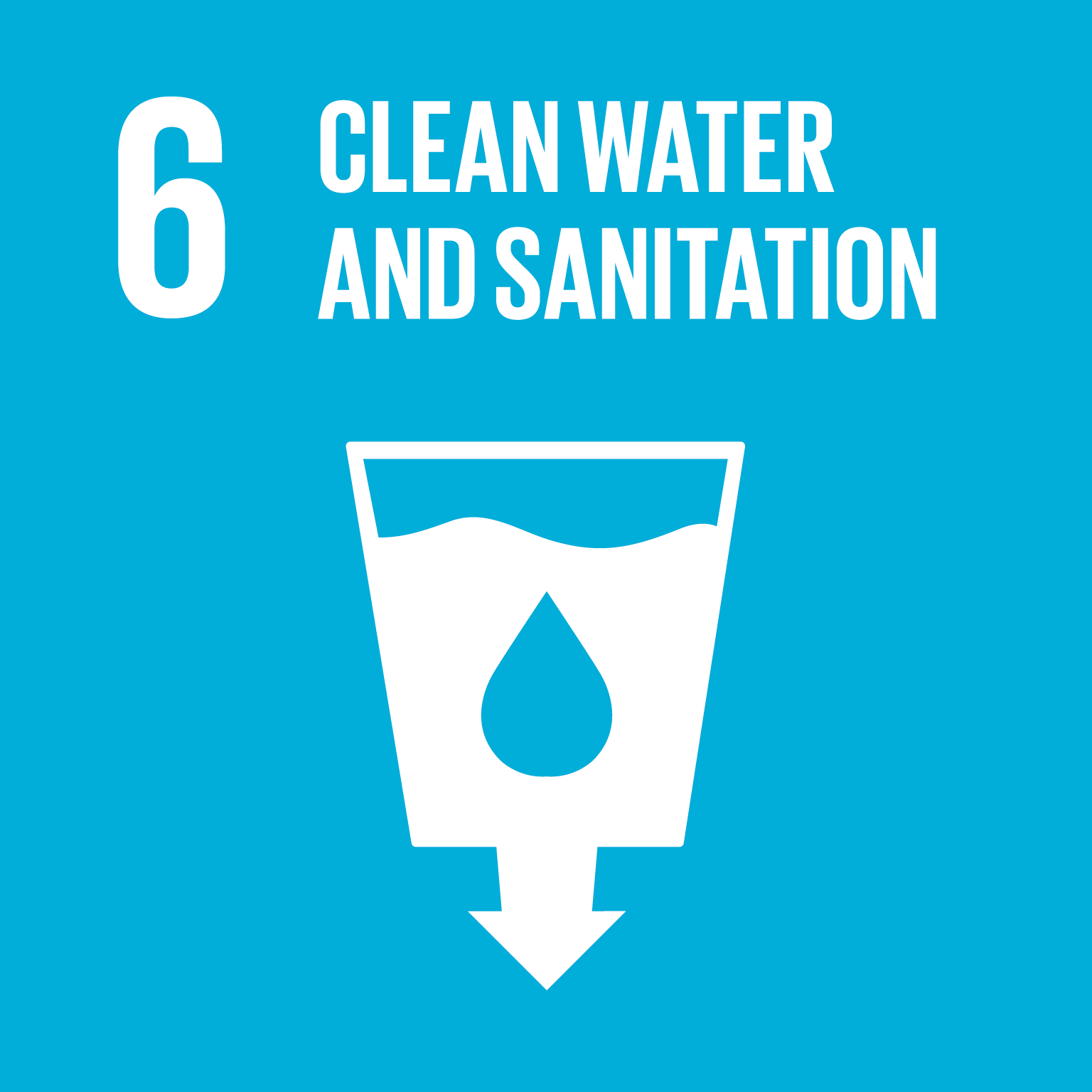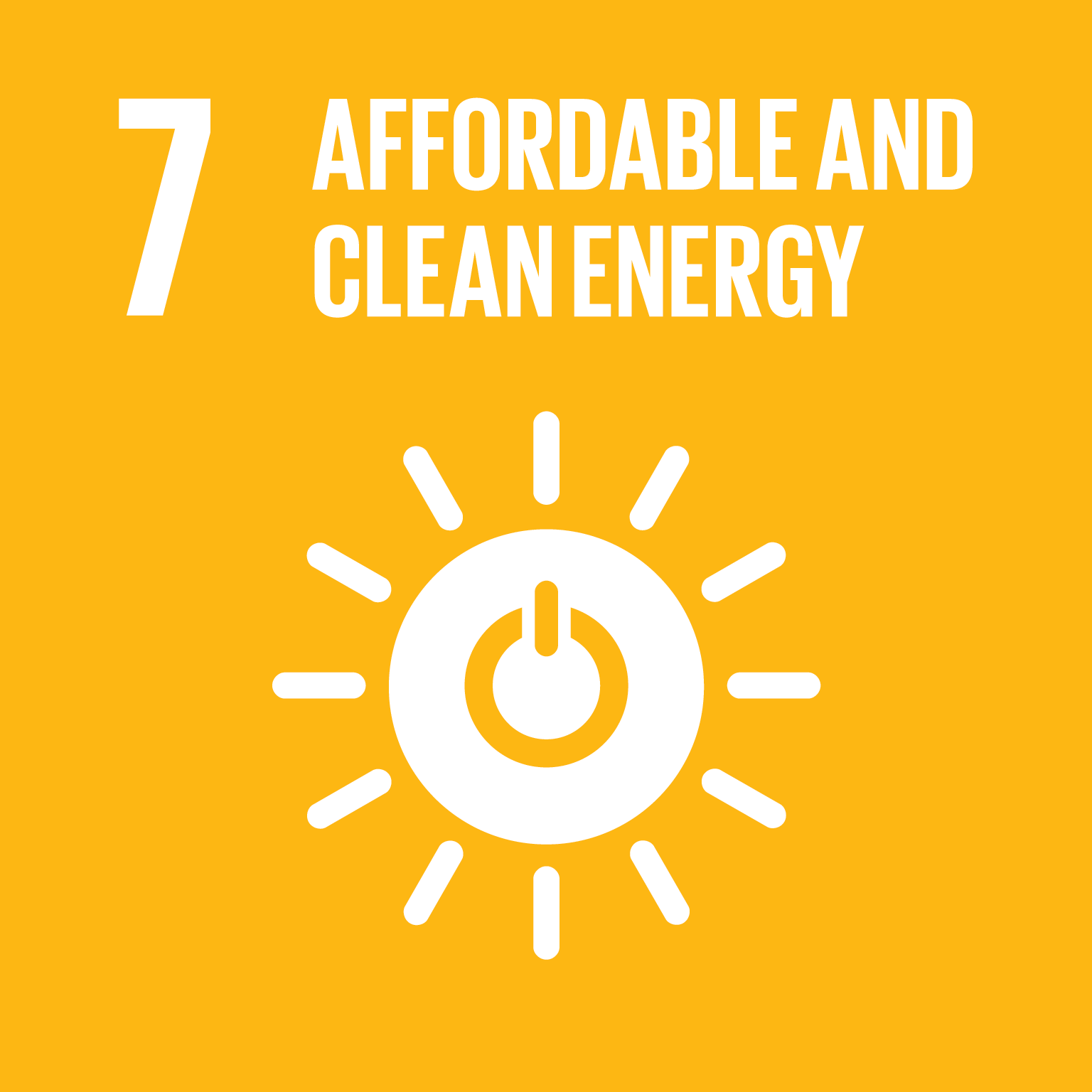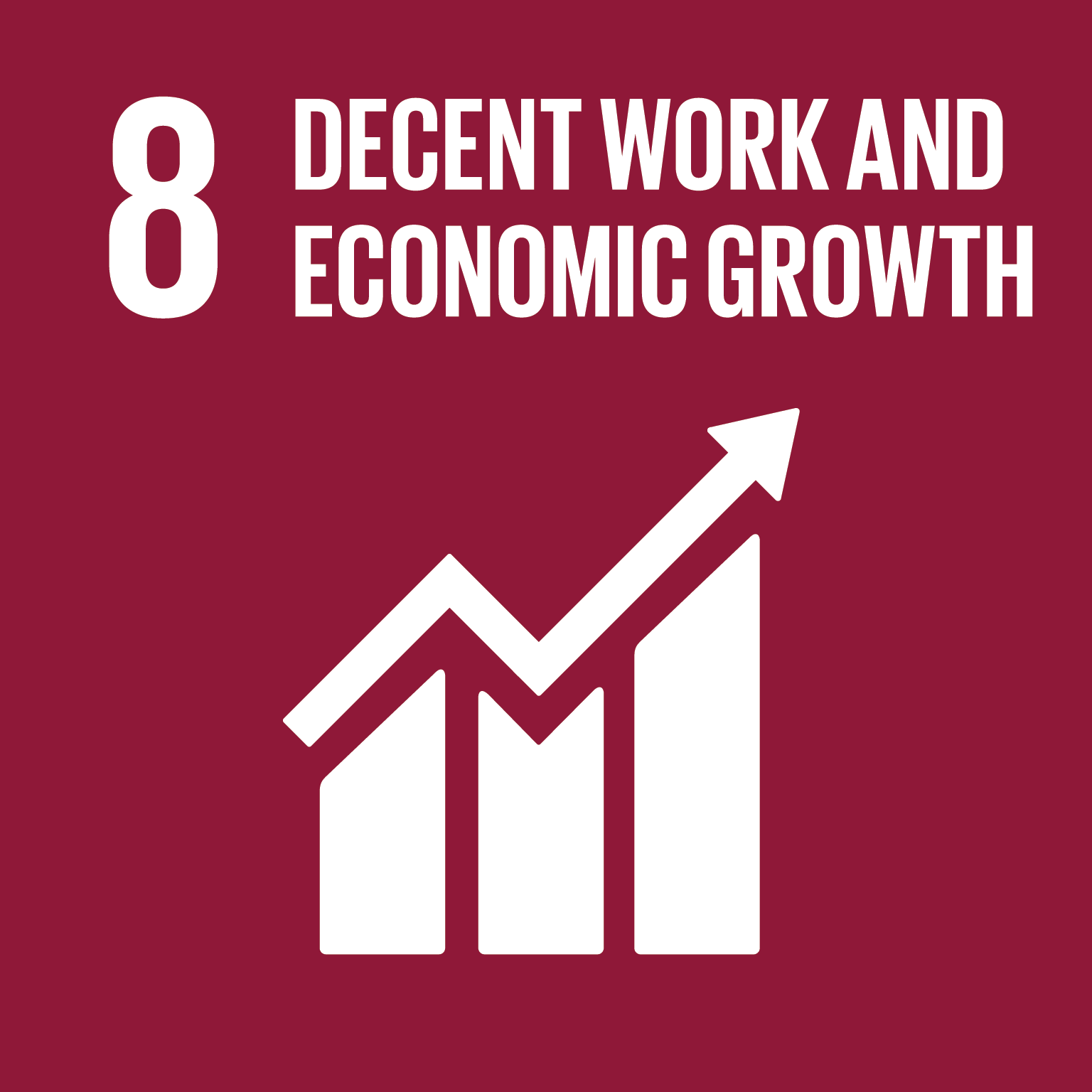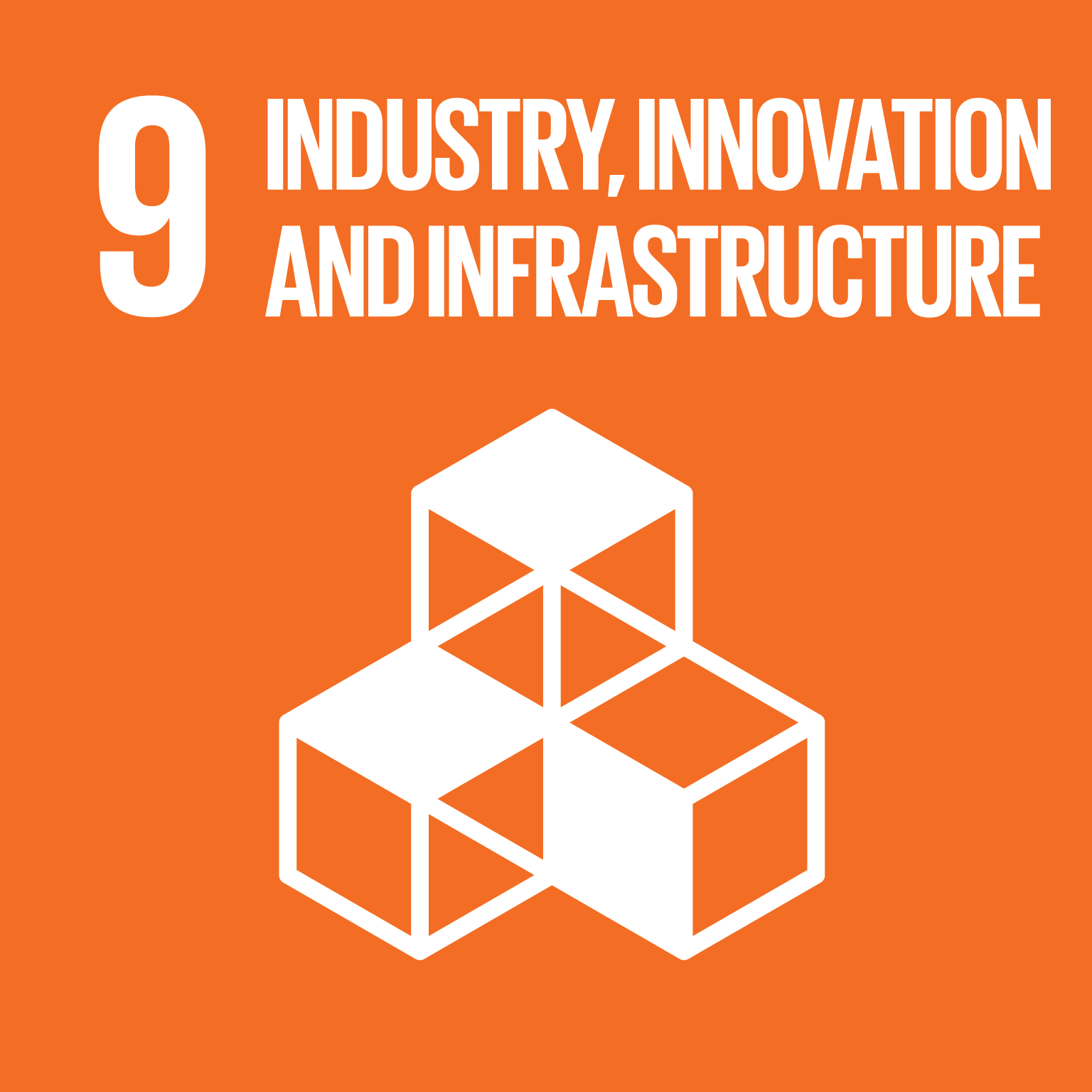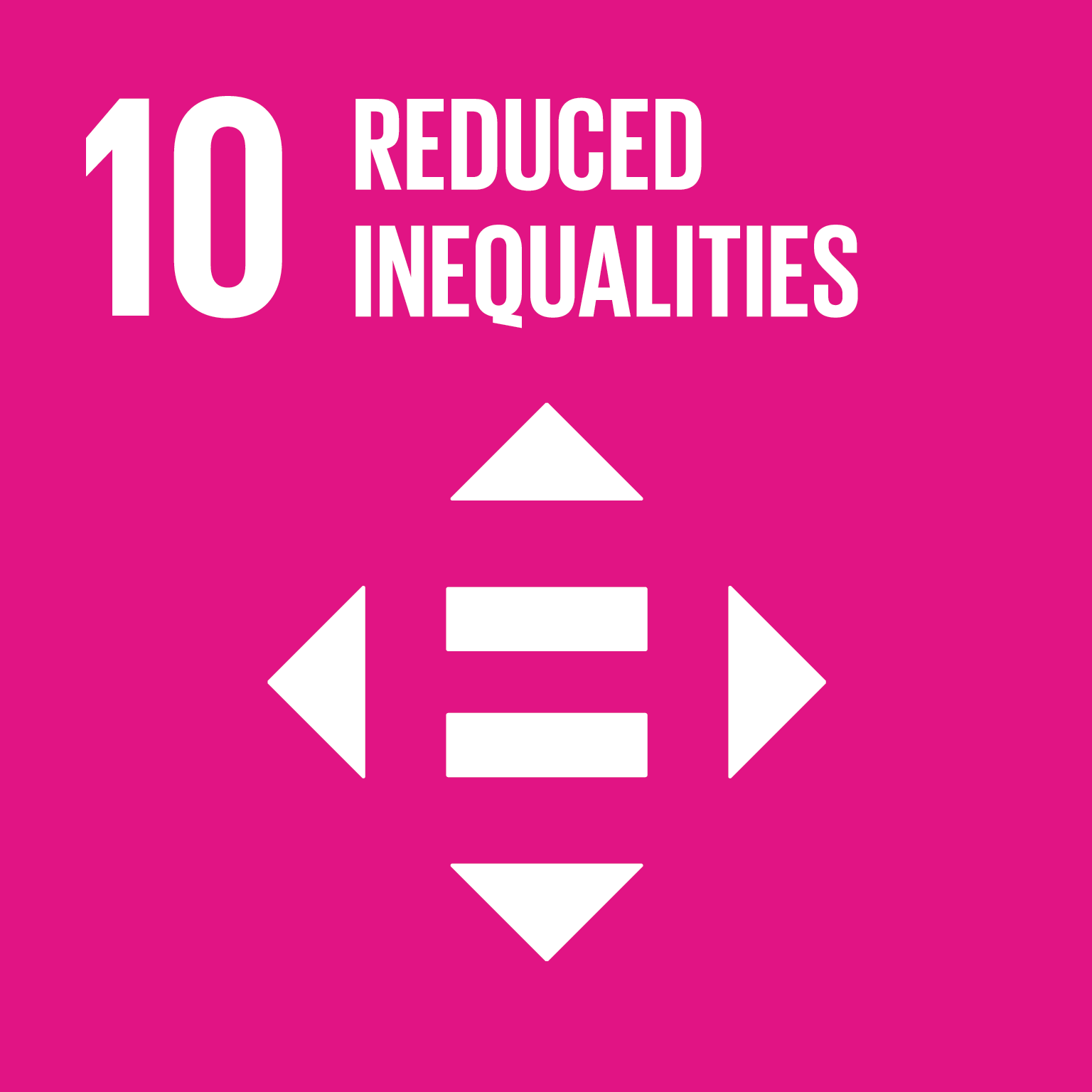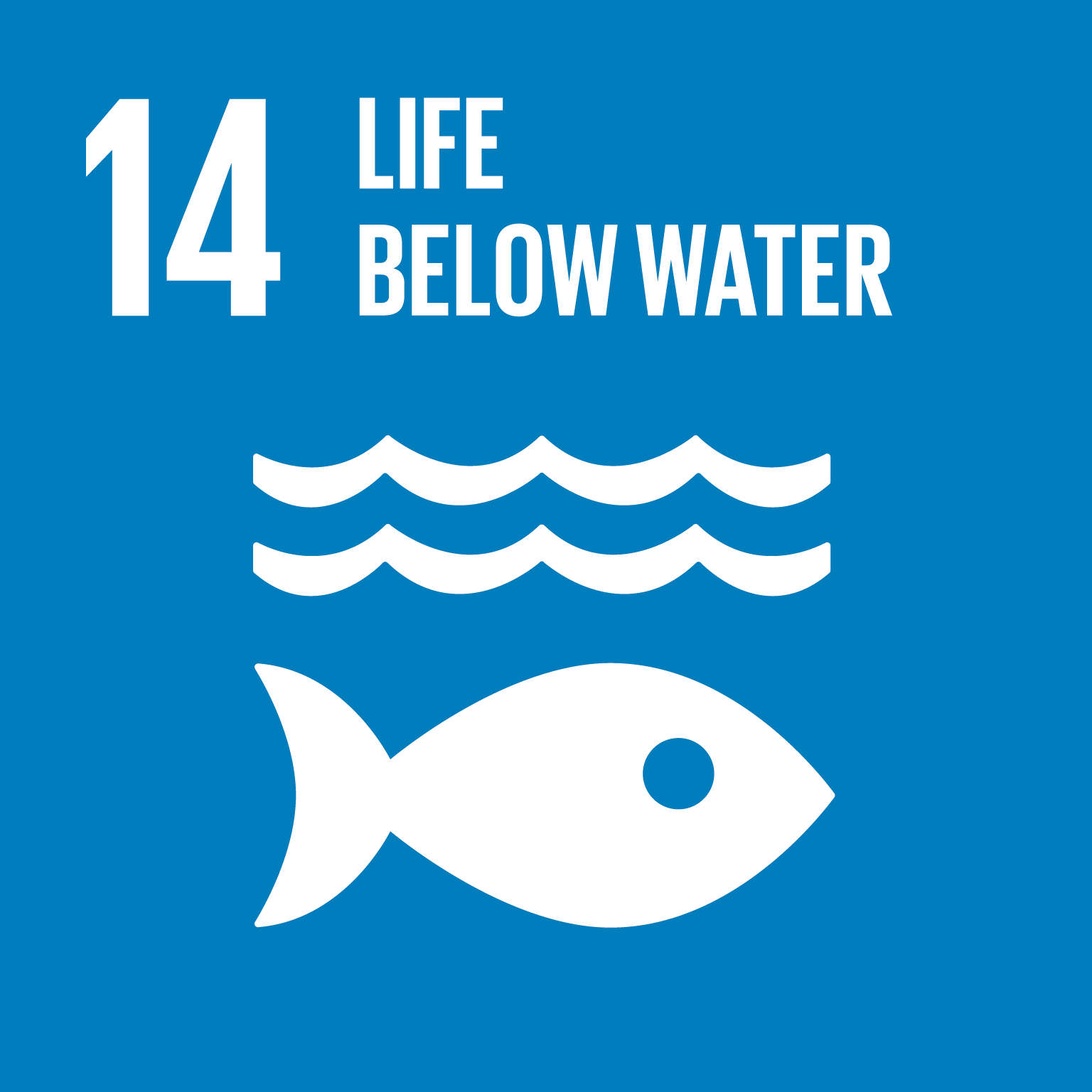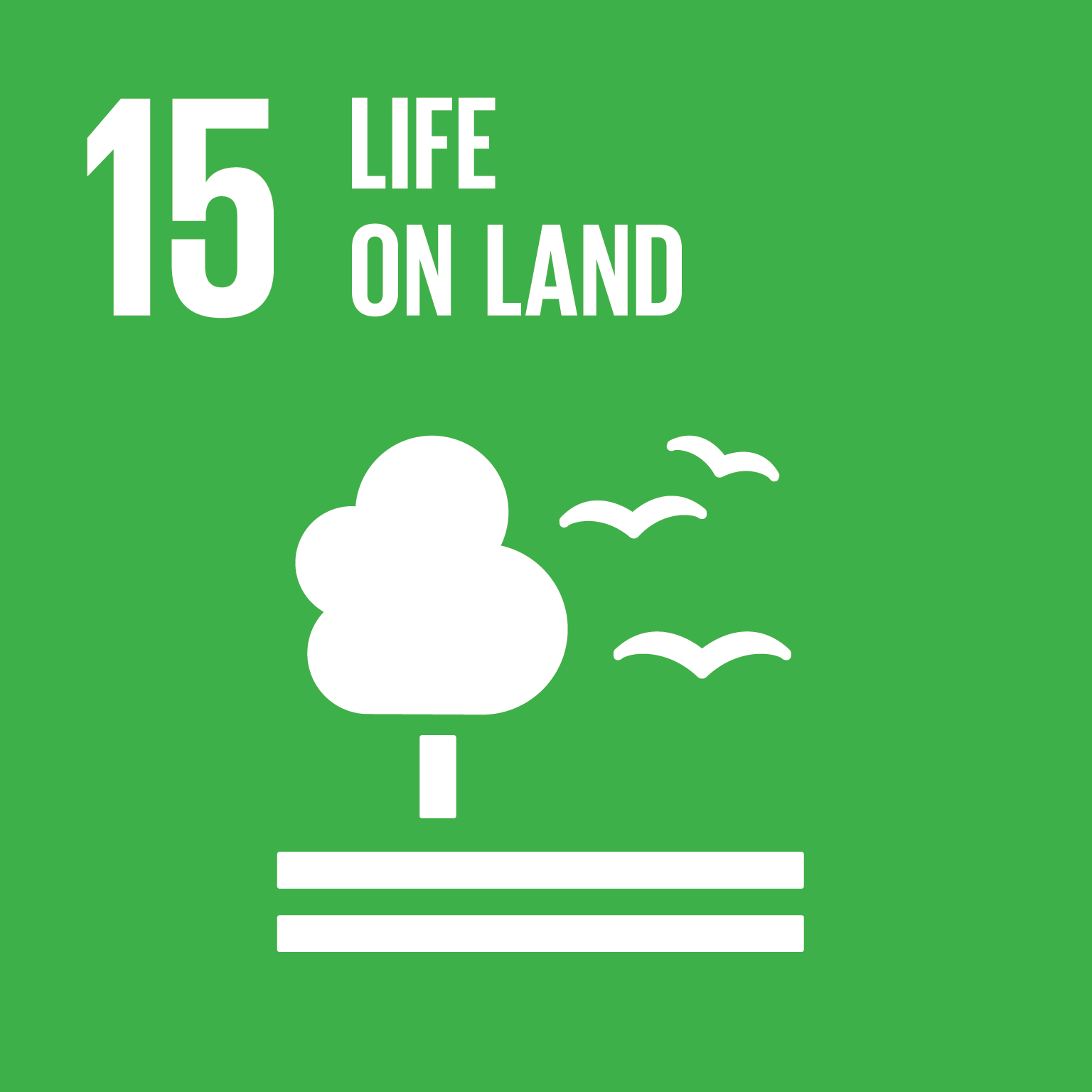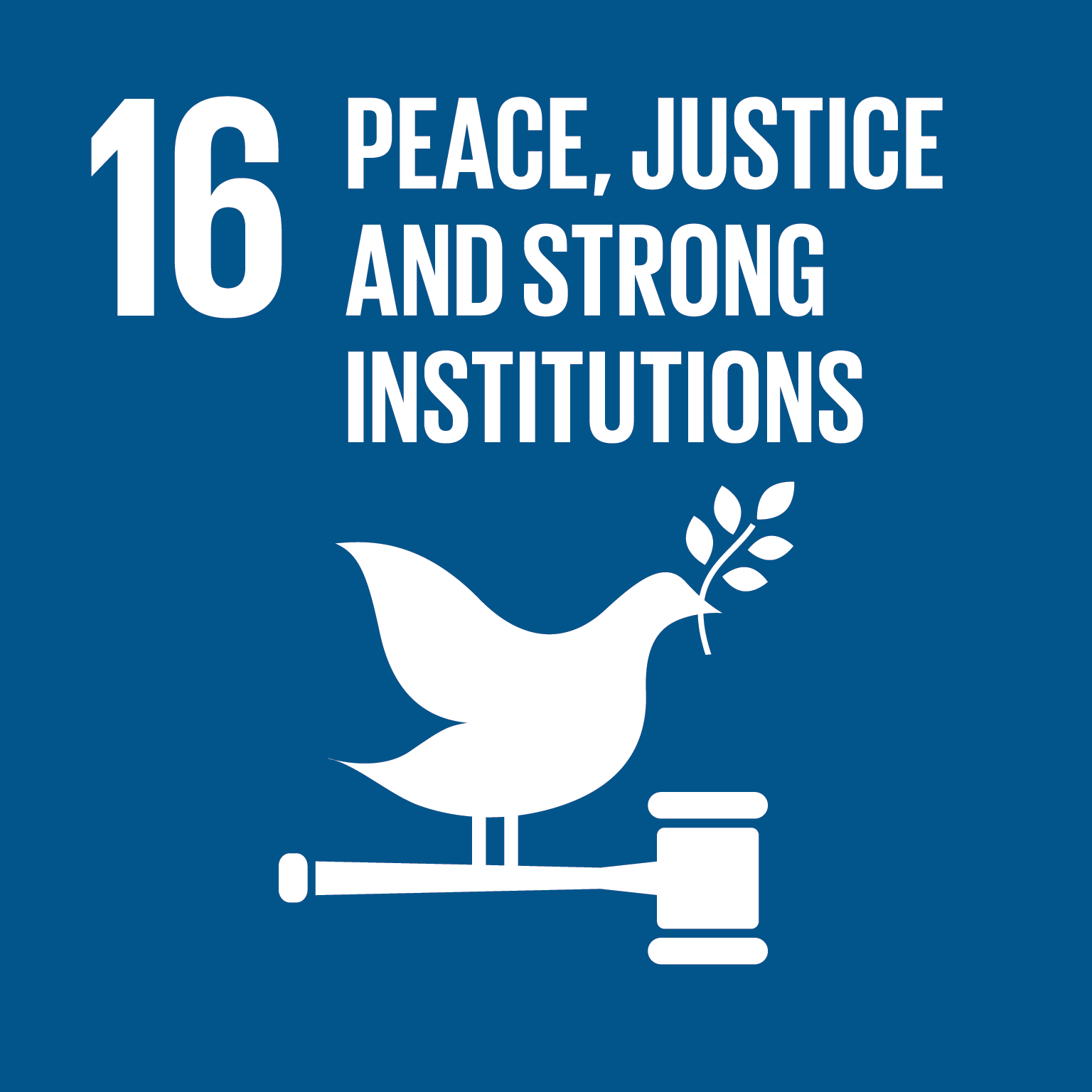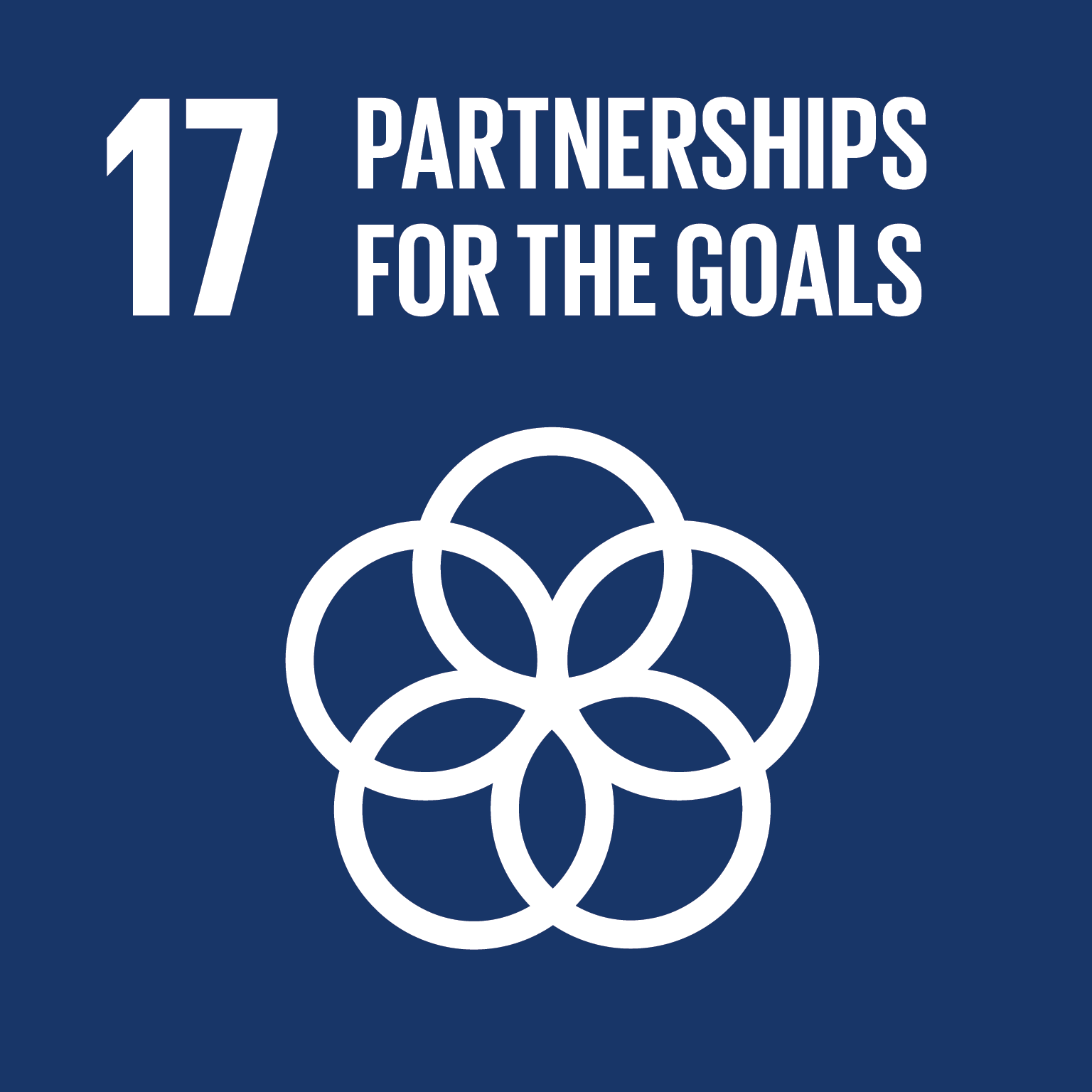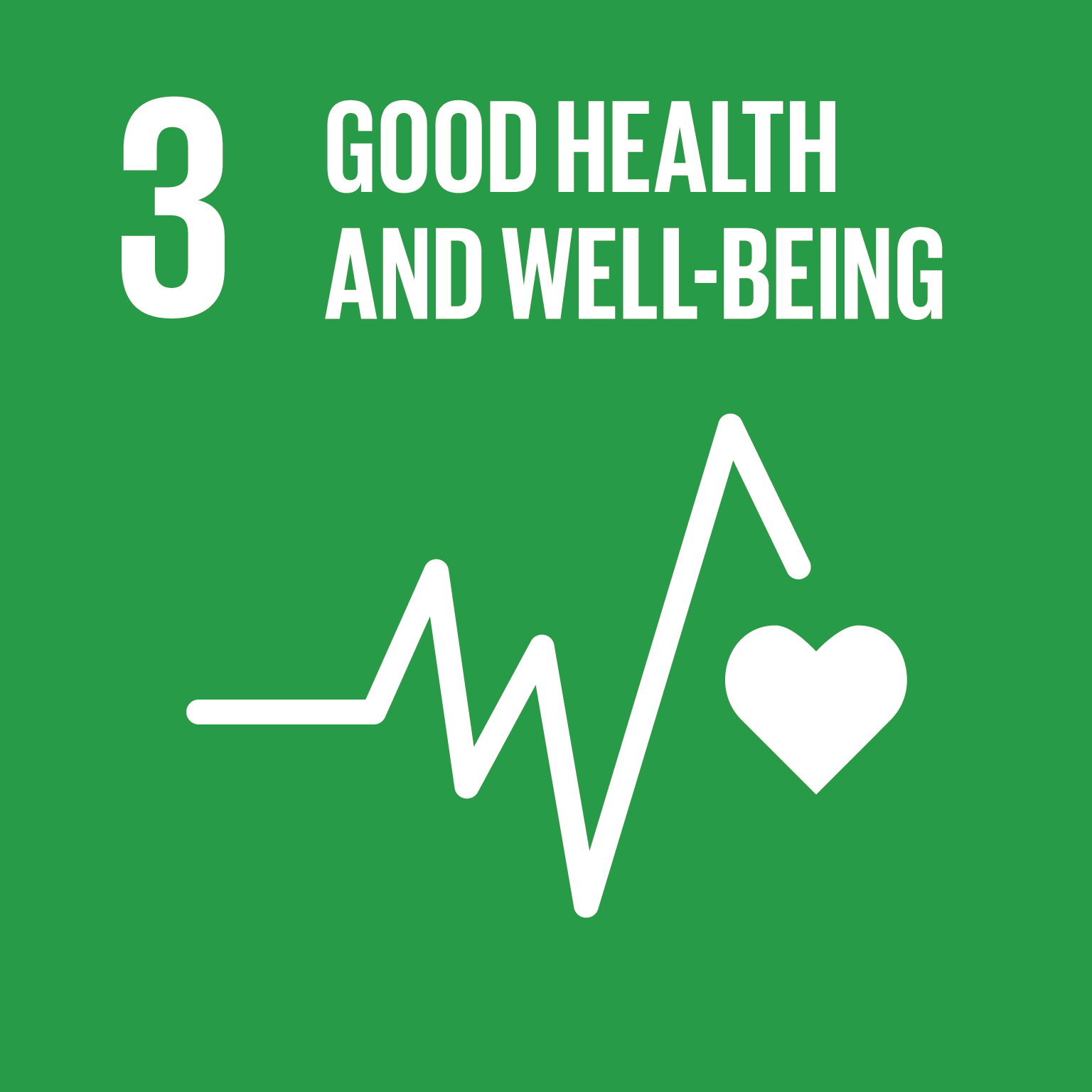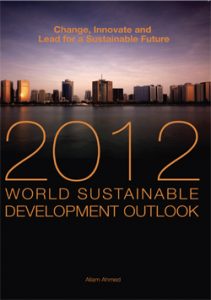Monday 19th November 2012
08:15 Arrival Refreshment and Registration
09:30 Session 1
Keynote
Prof. Allam Ahmed
President WASD, UK
Welcome and Opening of the Conference
- Stephen Reeve
Leader, Management and Organisational Research and Development Unit,
Founder, Institute of Change Management,
University of Brighton Business School, United Kingdom
From Project to Change: the role of authentic leadership in improving the likelihood of success for sustainable development
- H. E. Yasir Alnaqbi
Office of Abu Dhabi Excellence Programme
General Secretariat of the Executive Council
Government of Abu Dhabi, United Arab Emirates
Managing and Leading Excellence Performance in Abu Dhabi Government
Session 2: Entrepreneurship, Innovation and Services
Chair: Prof. Beverlee B. Anderson, California State University San Marcos, USA
- Entrepreneurship Training to Promote Start-ups and Innovation in Bahrain
Abdulhasan Al-Dairi, Bahrain Polytechnic, Bahrain
Ronald McQuaid, Edinburgh Napier University, UK
John Adams, British University in Egypt, Egypt
- Incubators Based on Innovation in France
Hanadi Mubarak AL-Mubaraki, Kuwait University, Kuwait
Jerry Kolo, American University of Sharjah, UAE
- Changing Service Sector Innovation System of India
Seema Joshi, University of Delhi, India
Session 3: Knowledge Management
Chair: Prof. Andrea Santiago, De La Salle University, Philippines
- Building Knowledge Capacity for Sustainable in the Arab World
Amer Al-Roubaie, Ahlia University, Bahrain
- Evaluating Knowledge-oriented Management in United Arab Emirates Firms: Industry Case Study
Khalid Al-Rawi, University of Modern Sciences, UAE
Ahmed Alrawi, Al-Anbar University, Iraq
Maher Ibrahim, American University in the Emirates, UAE
- Short Messaging Services and Educational Information Sharing by Students in Nigerian Universities
Williams E. Nwagwu, University of Ibadan, Nigeria
- Diagonals Knowledge Management Framework
Wael Almadhoun and Hisham Awda, Abu Dhabi Marine Operating Company, UAESession 4: Public Health
Chair: Dr. Aroyeun S. Olusegun, Cocoa Research Institute of Nigeria, Nigeria
- The Effect of a Fresh Fruit and Vegetable Delivery on the Health and Independence of Seniors
Miryem Salah, Moisson Montréal, Canada
George Grimble, University College London, UK
- Food Advertising Watched by Adolescent Girls in Saudi Arabia
Elham Al Jaaly, University College London, UK
- A Globalized Context of Traditional Healing Practices in Botswana
Barbara N. Ngwenya, Okavango Research Institute, Botswana
Kerstin Andrae-Marobela, University of Botswana, Botswana
Keitseng N. Monyatsi, African Regional Intellectual Property Organization, Zimbabwe
Harriet Okatch, University of Botswana, Botswana
Audrey Masizana, University of Botswana, Botswana
Mbaki Muzila, University of Botswana, Botswana
- Contexts of Utilization of ICT by Medical Practitioners in Private Hospitals in Nigeria
Williams Nwagwu, Adio Akeem and Olateju Olaboade Kumuyi, University of Ibadan, Nigeria
Tuesday 20th November 2012
08:30 Arrival Refreshment and Registration
Session 5: Transport Studies
Chair: Prof. Barbara N. Ngwenya, University of Botswana, Botswana
- Real World Driving Cycle in Heterogeneous Traffic Condition in Delhi for Sustainable Transport Systems
Ravindra Kumar, Purnima Parida and B. K. Durai, CSIR-Central Road Research Institute, India
Wafaa Saleh, Edinburgh Napier University, UK
- GIS and Assessment of the Performance of the Transport System and Security
Mohammed Al-Ali, Edinburgh Napier University, UK
- Implications of Mobile Devices on ITS Roadmaps Ahead
Magnus Andersson, Viktoria Institute, Sweden
Henrik Sternberg, Lund University, Sweden
Jacqueline Dubows, World Bank, USA
- Investigation of Pedestrian Accidents Analysis at Signalised Pedestrian Crossings in Edinburgh
Khalfan Alnaqbi, Edinburgh Napier University, UK
Session 6: Science, Technology and ICTs
Chair: Dr. Wafaa Saleh, Edinburgh Napier University, UK
- Understand, then Lead Change: A Close Look at Innovation Patterns Characterising Sustainable Energy Transitions in the GCC Region
Yasser Al-Saleh, INSEAD Innovation and Policy Initiative, UAE
- An Innovative System on Science and Technology Model: Use of Statistical Methods, Survey and Information Network
Siraj Osman Omer, Agricultural Research Corporation (ARC), Sudan
- Crude Fibre, Water Extracts, Total Ash, Caffeine and Moisture Contents as Diagnostic Factors in Evaluating Green Tea Quality
Aroyeun S. Olusegun, Cocoa Research Institute of Nigeria, Nigeria
- Perceptions of Community Members in Botswana on Safety and Efficacy of Traditional Medicines
Harriet Okatch, University of Botswana, Botswana
Kerstin Andrae-Marobela, University of Botswana, Botswana
Keitseng N. Monyatsi, African Regional Intellectual Property Organization, Zimbabwe
Audrey Masizana-Katongo, University of Botswana, Botswana
Barbara N. Ngwenya, University of Botswana, Botswana
Mbaki Muzila, University of Botswana, BotswanaSession 7: Business and Management
Chair: Prof. Seema Joshi, University of Delhi, India
- Income Tax Policy- Is a Single Rate Tax Optimum for Long Term Economic Growth?
Michael Busler, Richard Stockton College, USA
- Trade Spillover Effects on East Asian Economic Growth
Elsadig Musa Ahmed, Multimedia University, Malaysia
- The Response of Statutory Financial Auditors in Libya to Environmental Issues: an Initial and Exploratory Study
Nassr Saleh Mohamad Ahmad, Academy of Graduate Studies, Libya
Kamal Abd Al-Salam Mohmes, Al-Zautona University, Libya
- The Gateway Innovation Center: Exploring Key Elements of Developing a Business Incubator
Beverlee B. Anderson, California State University San Marcos, USA
Hanadi AL-Mubaraki, Kuwait University, Kuwait
Wednesday 21st November 2012
08:30 Arrival Refreshment and Registration
Session 8: Public Policy and Sustainable Development
Chair: Prof. Michael Busler, Richard Stockton College, USA
- Corruption and Economic Development: A Puzzling Relationship
Beverlee B. Anderson, California State University San Marcos, USA
- Agrarian reforms and the African Green Revolution
Oluwatoyin Dare Kolawole, University of Botswana, Botswana
- On Liberal Individualism, Communitarianism and Ubuntu Society in South Africa
Khali Mofuoa, Vodacom Group Limited, South Africa
- Neoliberalism in Education: How PMS Undermined Employee Motivation and Academic Freedom at the University of Botswana
Motsomi Ndala Marobela and Kerstin Andrae-Marobela, University of Botswana, BotswanaSession 9: Environmental Sustainability, Renewable Energy and Climate Change
Chair: Dr. Henrik Sternberg, Lund University, Sweden
- Identifying, Developing, and Moving Sustainable Communities through Renewable Energy
Andrea Santiago, De La Salle University, Philippines
Fernando Roxas, Asian Institute of Management, Philippine
- Investigations of Impacts of Junction Design on Emissions: Are Our Junctions Sustainable?
Wafaa Saleh and Alistair Lawson, Edinburgh Napier University, UK
- Application and Assessment of Earth Compostation Approach during Composting of Household Wastes
Sarra Ahmed Mohamed Saad, Ministry of Science and Technology, Sudan
- Investigation of Driving Cycles as the Tool to Assess Traffic Demand Management (TDM) in Edinburgh and Abu Dhabi Cities
Ahmed Al Zaidi, Edinburgh Napier University, UK
Session 10: Local and Regional Sustainable Economic Development
Chair: Prof. Ronald McQuaid, Edinburgh Napier University, UK
- Probit Analysis of Factors Influencing Rural Employment Promotion in Southern Nigeria
Oluwatoyin Dare Kolawole, University of Botswana, Botswana
- Investigation and Modelling of Travel Behaviour in Saudi Arabia: A Sustainable Behaviour?
Attiyah M Al-Atawi, University of Tabuk, KSA
Wafaa Saleh, Edinburgh Napier University, UK
- Developing a Viable Community-Based Tourism Project in Botswana: The Case of the Chobe Enclave Conservation Trust
Joseph E. Mbaiwa, University of Botswana, Botswana
Tlamelo E. Tshamekang, Tawana Land Board, Botswana
- Developing Local Processing Technology for Black and Green Tea and Evaluation of Conformance to ISO Standard
Aroyeun S. Olusegun, Iremiren Gerald, Omolaja Sule Sunmonu, Okelana Feyisara, Olubamiwa Olaiwola, Oloyede Amos, Ogunwolu Semiu Olalekan, Daniel Mercek Andrew, and Jayeola Christiana Olayinka, Cocoa Research Institute of Nigeria, Nigeria
Sowunmi Fatai, Lagos State University, Nigeria
Odumbaku Lateef Ola, Moshood Abiola Polytechnic, Nigeria
15:30 Closing Session - END OF CONFERENCE
